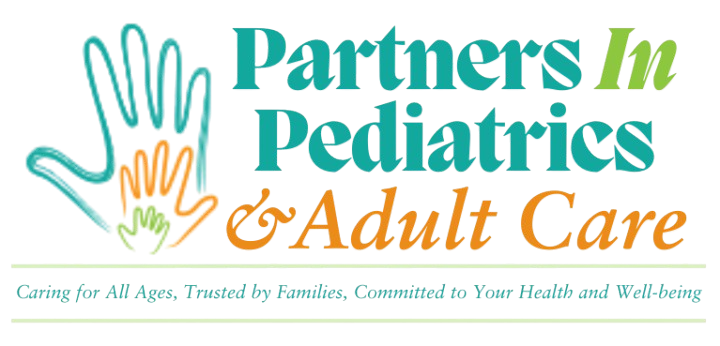
What is Dementia?
Dementia is not a single disease but a collection of age-related symptoms involving loss of mental skills and declining brain function. The term “dementia” means “deprived of mind.” It results from various underlying causes—some treatable, some not. Patients with dementia gradually lose memory, communication, reasoning, and the ability to manage everyday tasks.
Request an AppointmentCauses of Dementia
The most common cause is Alzheimer’s disease, where nerve cells lose communication ability and die slowly. Other causes include:
- Parkinson’s disease or Huntington’s disease
- Vascular dementia or stroke
- Chronic alcohol or drug abuse
- Nutritional deficiencies
- Infections (e.g., AIDS, Creutzfeldt-Jakob disease)
- Developmental abnormalities
- Severe depression
- Hormonal imbalances
- Traumatic or chronic brain injury
- Brain tumors
- Severe kidney, liver, or lung disease
Symptoms of Dementia
Symptoms develop gradually and may initially be subtle:
- Memory loss
- Difficulty speaking or understanding words
- Changes in personality, mood, or behavior
- Trouble planning or doing tasks step-by-step
- Getting lost in familiar places
- Neglecting personal safety and hygiene
Types of Dementia
Dementia is classified based on the brain area affected:
- Cortical Dementia: Affects the cerebral cortex (includes Alzheimer’s and Creutzfeldt-Jakob disease). Causes memory loss and difficulty with language (aphasia).
- Subcortical Dementia: Affects areas beneath the cortex. Memory and language may remain intact, but patients struggle with generating ideas or thinking quickly.
Treatment of Dementia
Treatment success depends on the cause of dementia.
Curable Dementia
- Nutritional deficiencies (e.g., vitamin lack) can be treated with supplements.
- Hypothyroidism-related dementia may improve with thyroid hormone replacement.
- Brain tumors or hydrocephalus may be helped by surgery.
- Pseudodementia, caused by severe depression, usually improves with antidepressants.
Incurable Dementia
- Alzheimer’s and other organic dementias currently have no cure or treatment to reverse symptoms.
- Medications (psychotropic drugs) can help manage symptoms like agitation and depression.
- Cholinesterase inhibitors (e.g., Aricept®) may improve brain activity somewhat.
- Cognitive behavioral therapy, a healthy diet, physical exercise, and social interaction can improve daily functioning or slow disease progression.
